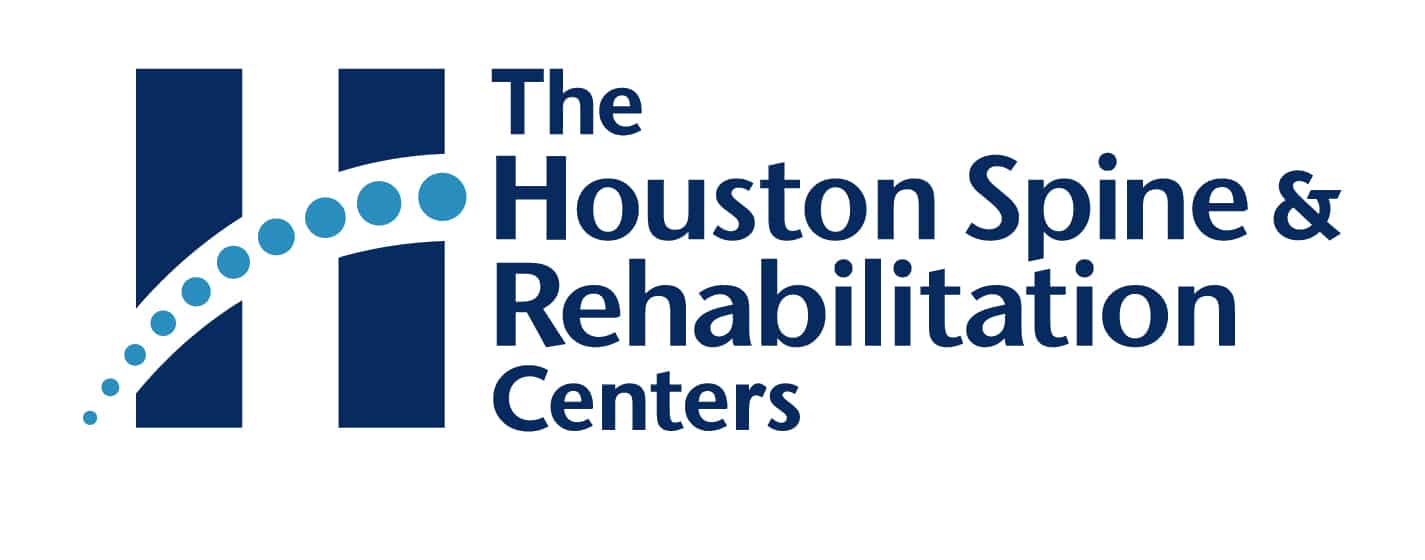Have you ever felt like the room was spinning around you even though you were sitting perfectly still? Perhaps you began to feel nauseous and lost your balance as the world seemed to tilt and sway. If so, you may be familiar with the frustrating and disorienting condition known as vertigo. Vertigo causes a false sense that either you or your surroundings are moving, even when this is not actually the case. As the largest providers of physical therapy, chiropractic care, and spine rehabilitation services in Houston, we've helped many patients overcome vertigo through customized treatment plans. In this post, we'll explore the top three underlying causes of vertigo and share strategies our specialists have used to effectively address vertigo symptoms for good. Whether you've been suffering for years, or your vertigo is new, keep reading to learn practical steps you can take toward regaining stability, balance, and peace of mind.
What is Vertigo?
Vertigo is a type of dizziness that occurs when there is a problem with the vestibular system, which maintains balance and eye movement control. It is a distinct sensation of spinning or whirling, often described as feeling like the world is moving or tilting around you. The symptoms can vary from mild to severe and can last for a few seconds to minutes or even days, depending on the underlying cause.
Prevalence and Effects on Daily Life
Vertigo is a common health issue that affects people of all ages. Studies show that about 20-56 percent of the general population suffer from vertigo. The symptoms can be debilitating, leading to decreased productivity, missed days of work, and impaired quality of life. Vertigo can also cause psychological distress and anxiety in some individuals, making it imperative to seek medical attention as soon as possible.
Causes of Vertigo
Vertigo can be caused by various factors, including inner ear problems and central nervous system disorders.
Inner Ear Issues
Benign Paroxysmal Positional Vertigo (BPPV) and Meniere's Disease are the most common inner ear problems that cause vertigo.
BPPV occurs when tiny calcium crystals in the inner ear become loose and move into the wrong part of the ear canal. The Epley maneuver, a series of head movements maneuvers performed by a healthcare provider, can effectively treat this type of vertigo.
Meniere's disease is a chronic inner ear disease that can cause recurring vertigo, tinnitus, and hearing loss. Lifestyle adjustments, such as a low-sodium diet and stress management techniques, can help control the symptoms.
Central Nervous System Disorders
Vestibular Migraine and Multiple Sclerosis are examples of central nervous system disorders that can cause vertigo.
Vestibular Migraine is a type of migraine headache that causes vertigo, dizziness, and nausea. Treatment options include medications to control migraine symptoms and vestibular-balance rehabilitation therapy.
Multiple Sclerosis is a neurological condition that can cause nerve damage in the brain and spinal cord, leading to vertigo. Treatment options involve managing the underlying MS symptoms.
Solutions for Vertigo
There are various treatment options available depending on the underlying cause of vertigo.
Epley Maneuver for BPPV
The Epley Maneuver is a series of head movements designed to move the calcium crystals in the inner ear back to their original location. It is a simple procedure that can be performed by a healthcare provider and has a success rate of approximately 80-90%.
Lifestyle Adjustments for Meniere's Disease
Lifestyle adjustments, such as reducing salt intake, maintaining proper hydration, and stress management techniques, have been proven to reduce the frequency and severity of Meniere's disease symptoms.
Balance Exercises for Central Vestibular Disorders
An exercise program designed to improve balance and stability can be beneficial for individuals with central vestibular disorders. These exercises can stimulate the vestibular system and restore balance.
Treatment Options for Severe or Chronic Vertigo
For individuals who experience chronic or severe vertigo, several medications and other interventions can offer relief.
Medication Options
Antihistamines and anti-nausea medication can be used to control the symptoms of vertigo. Vestibular suppressant medications are also recommended for reducing the intensity and duration of the vertigo attacks. However, these medications should only be taken under the guidance of a healthcare provider.
Chiropractic Care and Spinal Adjustments
Many people are surprised to learn that chiropractic care, including spinal adjustments, can be an effective treatment for vertigo. By helping to restore the proper alignment of the spine, chiropractors can alleviate pressure on the inner ear, which is often the root cause of vertigo. This gentle, non-invasive approach can help patients find relief from their symptoms and get back to living their lives fully. Whether you're experiencing occasional disorientation or persistent vertigo, chiropractic care may be worth exploring as a potential treatment option.
Get Help with Your Vertigo in The Woodlands and Houston Area with Our Team Today!
Vertigo is a debilitating condition that affects millions of people worldwide. While it may seem like a daunting and inevitable issue, there are actually various causes and solutions that can help improve one's quality of life. From addressing underlying health conditions to incorporating certain exercises and lifestyle changes, managing vertigo is possible. It is important to remember that each individual's experience with vertigo may be unique and consulting with a medical professional is always recommended. So, take control of your health and don't let vertigo hold you back from enjoying life to the fullest. If you are experiencing symptoms of vertigo, make sure to visit The Houston Spine & Rehabilitation Centers in The Woodlands and Houston. Our team of experts will work with you to determine the best course of action for your specific needs. Contact us at 281-771-0282 today and say goodbye to the spinning sensation for good! Remember, your health and well-being are worth investing in, so don't wait any longer to seek the help you deserve. Let's beat vertigo together.


